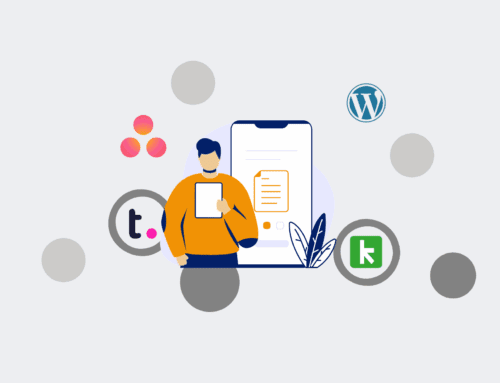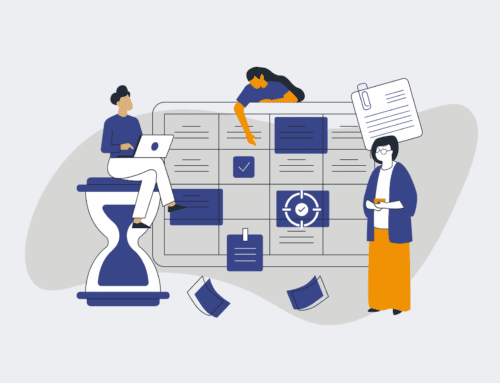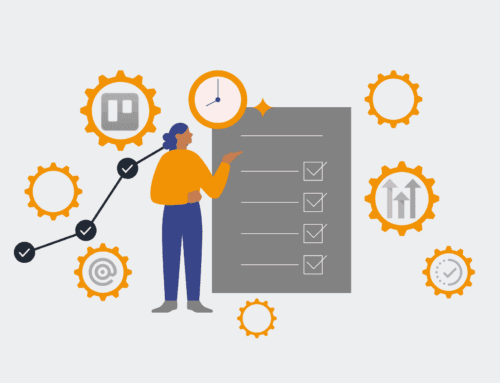Beyond Keywords: What Modern Resume Parsers Really Extract
For years, the conventional wisdom in talent acquisition revolved around keywords. Stuff your resume with industry buzzwords, and the automated systems would sort you to the top. This strategy, while once somewhat effective, is now a relic of a bygone era. Today’s resume parsers, supercharged by advancements in Artificial Intelligence and Natural Language Processing (NLP), delve far deeper than mere lexical matching. They are sophisticated digital readers, capable of extracting nuanced insights that can significantly impact a hiring decision. At 4Spot Consulting, we see this evolution as both a challenge and a tremendous opportunity for strategic hiring.
The shift from simple keyword recognition to contextual understanding marks a pivotal moment in recruitment technology. These modern parsers are designed not just to identify individual terms, but to comprehend the relationships between them, interpret the intent, and even gauge the underlying meaning of a candidate’s experience. This intelligence allows organizations to move beyond surface-level screening and uncover truly aligned talent.
Understanding the AI-Powered Evolution of Resume Parsing
Gone are the days when a parser was little more than a digital `Ctrl+F` function. Modern systems leverage a suite of AI technologies to perform a much more granular analysis:
Semantic Analysis and Contextual Interpretation
Instead of just spotting “project management,” AI-driven parsers can understand the context in which it’s used. Did the candidate manage a small team project, or lead a multi-million dollar cross-functional initiative? They look for indicators like scale, scope, and impact, inferring responsibilities and achievements that a simple keyword search would miss. This involves understanding synonyms, related concepts, and even industry-specific jargon that might not be exact matches but carry similar weight and meaning.
Skill Identification and Verification
Modern parsers go beyond listing skills. They analyze how skills are applied within roles, identifying proficiency levels and frequency of use. For example, rather than just noting “Python,” an advanced parser might infer “Expert Python developer for data analytics pipelines” based on project descriptions and outcomes. Some even cross-reference skills against external databases or job market trends to assess their relevance and currency.
Experience and Achievement Validation
Perhaps the most transformative aspect is the ability to parse for tangible achievements rather than just duties. Keywords like “increased,” “reduced,” “optimized,” or “implemented” are flagged, and the associated metrics (percentages, dollar figures, time savings) are extracted and correlated with the specific responsibilities. This provides a data-rich narrative of a candidate’s impact, allowing hiring managers to see quantifiable results directly on the resume, rather than just a list of tasks.
Inferring Soft Skills and Cultural Fit Signals
While still a developing area, AI parsers are beginning to infer soft skills by analyzing language patterns, active versus passive voice, and descriptions of collaborative projects or leadership roles. They can detect nuances that suggest traits like teamwork, leadership, problem-solving, and communication. Furthermore, by analyzing volunteer work, extracurricular activities, or stated values, these systems can offer preliminary insights into a candidate’s potential cultural alignment – not as a definitive judgment, but as a flag for further investigation.
Bias Mitigation through Structured Extraction
A critical, albeit challenging, aspect of modern parsing is the attempt to reduce bias. By focusing on objective data points – validated skills, quantifiable achievements, and experience directly relevant to the role – and standardizing their extraction, AI can help minimize the impact of demographic information or unconscious biases often introduced during manual review. This means emphasizing ‘what was done’ and ‘what was achieved’ over less relevant personal details.
The 4Spot Consulting Advantage: Leveraging Advanced Parsing for Strategic Hiring
At 4Spot Consulting, we leverage these sophisticated parsing capabilities to build automation systems that transform HR and recruiting. Understanding what these tools *truly* extract means we can design pipelines that go beyond basic screening. We focus on building systems that:
- **Identify High-Impact Candidates:** By focusing on achievements and contextual skills, we help clients pinpoint candidates who not only have the right background but have also demonstrated measurable impact.
- **Streamline Candidate Qualification:** Our automation frameworks, often powered by tools like Make.com, integrate these parsers to intelligently enrich candidate profiles, automatically flagging those who meet specific, nuanced criteria that go beyond simple keyword matching. This eliminates bottlenecks and frees up valuable recruiter time.
- **Enhance Data Quality:** We ensure that the rich data extracted by modern parsers is accurately mapped and synced into CRMs like Keap, creating a single source of truth for talent data. This structured information supports better decision-making and long-term talent strategy.
- **Reduce Time-to-Hire:** By automating the deep analysis of resumes, organizations can dramatically accelerate the initial screening phases, moving qualified candidates through the pipeline faster and more efficiently.
The era of keyword-stuffing is over. Modern resume parsers are powerful AI agents capable of extracting deep, contextual, and often predictive insights from a candidate’s professional narrative. Embracing this technology, not just as a tool but as a strategic asset, allows businesses to make more informed, data-driven hiring decisions, leading to stronger teams and more scalable operations. Don’t just look for words; understand the story they tell.
If you would like to read more, we recommend this article: 5 AI-Powered Resume Parsing Automations for Highly Efficient & Strategic Hiring









